ARTICLE AD BOX
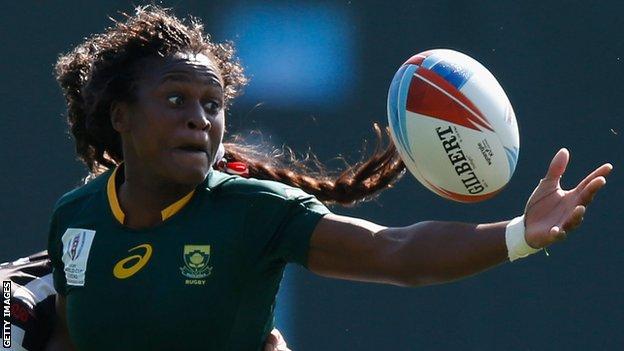 Zintle Mpupha grew up playing cricket before switching to rugby union
Zintle Mpupha grew up playing cricket before switching to rugby unionFor a country who are the reigning men's world champions and seen as a global superpower in rugby union, it seems strange that South Africa might need a trailblazer to drive their women's game.
But that is exactly what Zintle Mpupha hopes to achieve after becoming the first Springbok to play in England's Premier 15s.
The 27-year-old back made history when she came off the bench in the 66th minute of Exeter Chiefs' 32-19 loss at Saracens on Sunday.
And as the first South Africa international to grace England's professional top flight, Mpupha hopes she can be the first of many women from her homeland to ply their trade in the competition.
"I'm really honoured," she told BBC Sport when asked how she felt about making her own piece of rugby history.
"I'm hoping it's going to bring hope to the other young girls back at home to know that it's not just playing for South Africa women's rugby, there's bigger things than that to grow your career and your knowledge of the game as well.
"I wish and hope that it's going to bring hope to the younger girls out there and the other team-mates that I played with that still have the dream to come overseas as well."
Cricketer turned rugby player
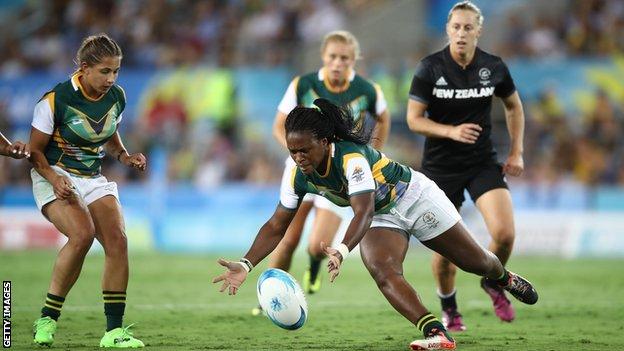 Zintle Mpupha led South Africa's Sevens side to a fourth-placed finish at the 2018 Commonwealth Games
Zintle Mpupha led South Africa's Sevens side to a fourth-placed finish at the 2018 Commonwealth GamesMpupha came to rugby union relatively late in life. She left her village to move to the town of Mdantsane, in the Eastern Cape, in order to play cricket and was selected as an all-rounder for South Africa's Under-19s side before switching to the oval ball.
But it was another move that really saw her rugby career take off, first at Border, based in East London, and then at Western Province.
"Back at home in the village it's quite tough to play rugby or have access to rugby fields and pursue a rugby career, you have to move, it's not accessible to everyone," she said.
"After moving I then had to play provincial rugby, but at Border it was sometimes tough to access the gym, to go to the field as well, hence I had to move to Cape Town to have access to the field, a better coaching team and everyday stuff like that."
Since then she has gone on to become a centrally-contracted South Africa player, allowing her a rare chance to concentrate fully on rugby rather than balance her sport with a job.
It has led to her making seven Test appearances and captain her country's Sevens side at the Commonwealth Games and World Cup.
World Cup hopes
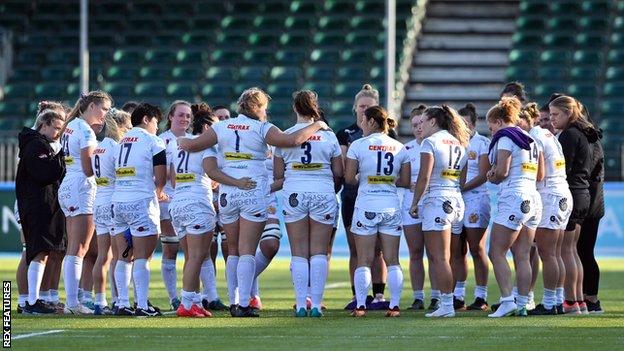 Exeter's squad has internationals from England, Canada, the United States, Japan, Wales and Spain amongst its ranks
Exeter's squad has internationals from England, Canada, the United States, Japan, Wales and Spain amongst its ranksWhile South Africa's men have been one of the world's top nations, their women have comparatively lagged behind.
Despite the first Women's World Cup being held in 1991, it was not until 2006 that South Africa qualified for the first time - finishing 12th in the 12-team tournament before failing to get out of the pool stages in the next two tournaments.
The Springboks, who are currently ranked 13th in the world, will return to World Cup action in next year's delayed event in New Zealand having missed out on a place in 2017.
Mpupha is hopeful that moving to England and training alongside a host of internationals at Sandy Park will allow her to get used to the standard she will face if picked to head to New Zealand in 12 months' time.
"This will be a great step for me, being at Exeter, me getting to play with the people I'm going to play against at the World Cup," she added.
"It will be a great base for me and the team as well for what to expect and how the other players play.
"Normally in South Africa it would be just the South African players that you're used to playing with.
"Normally you'd be one of the girls that sets the standards and now it's quite different seeing other people setting the standards.
"It's quite a great feeling looking at someone else for a change and not having someone looking at you.
"They're great girls, very welcoming, they're helping with the structure and the way things are run in the club, and it's quite different to what was happening back at home."

 3 years ago
86
3 years ago
86
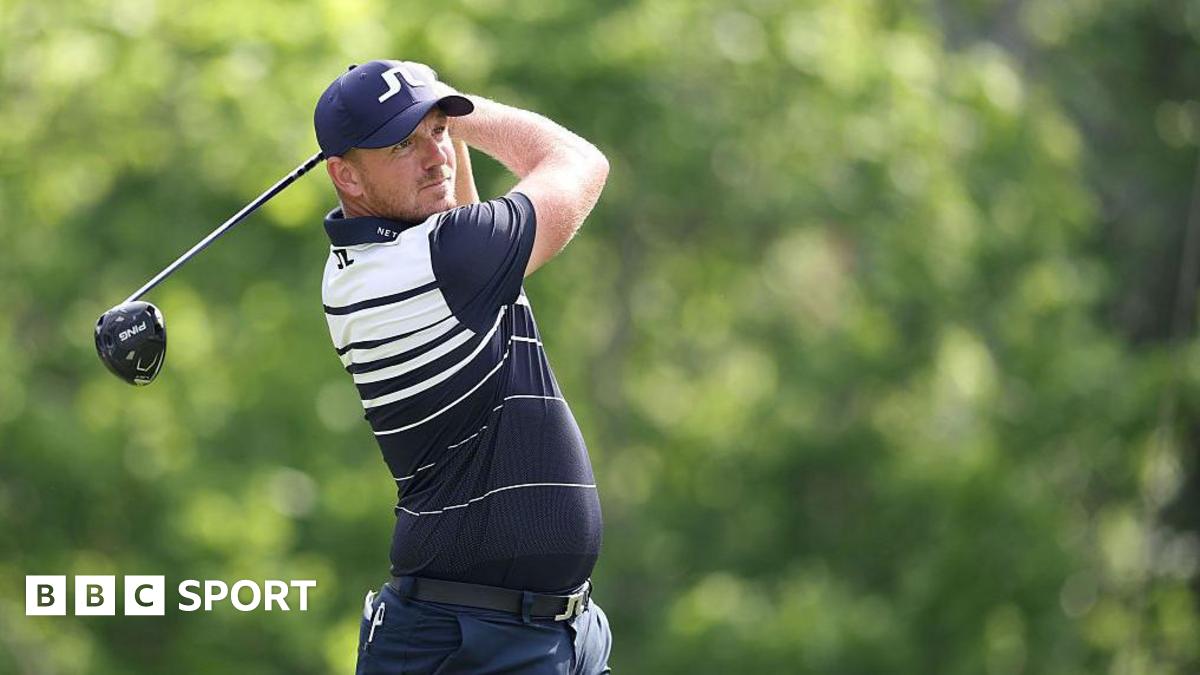

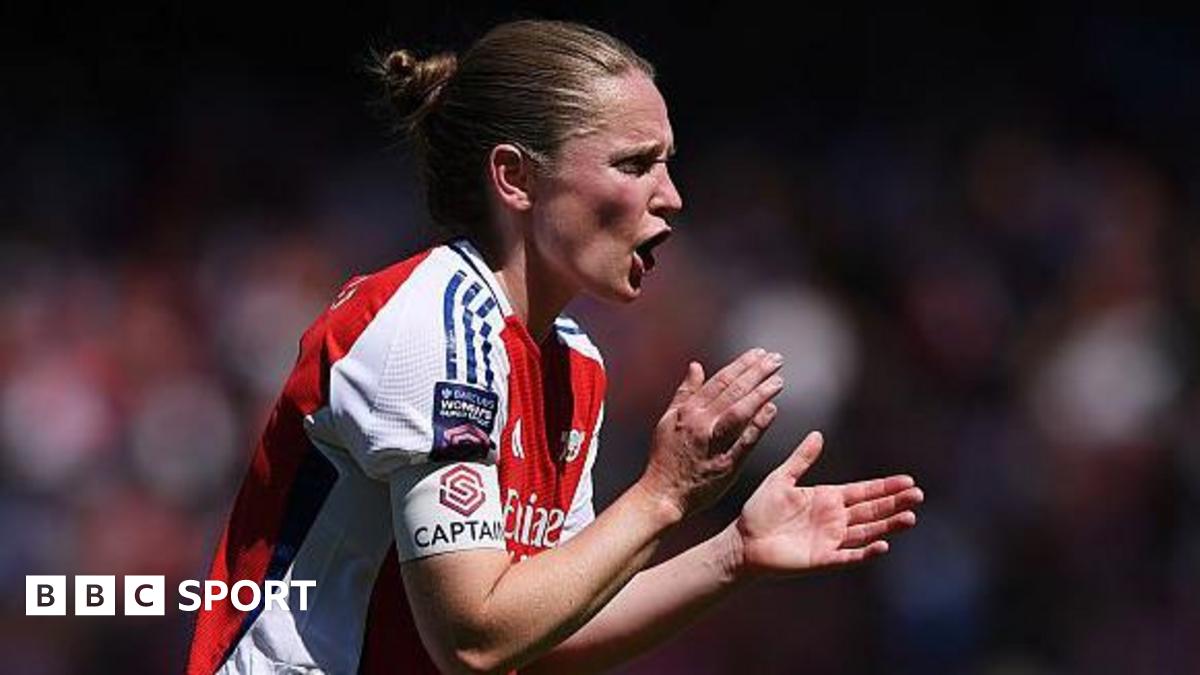





 English (US) ·
English (US) ·